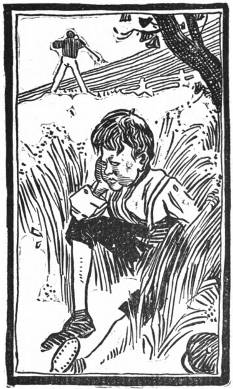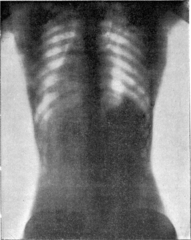
From the diary of Wilfrid Scawen Blunt, May 1, 1900:
To the Danes to see Lady Lytton, travelling there with Betty Balfour, who told amusing stories about Ireland, one being of a voyage the Queen [Victoria] had made in her yacht. The Queen used to be a good sailor, but is disturbed now if it is at all rough and likes the doctor to sit with her in the cabin and look after her. It came on to blow and a wave struck the ship rather roughly, which alarmed and made her indignant. ‘Go up at once,’ she said, ‘Sir James, and give the Admiral my compliments and tell him the thing must not occur again.’





